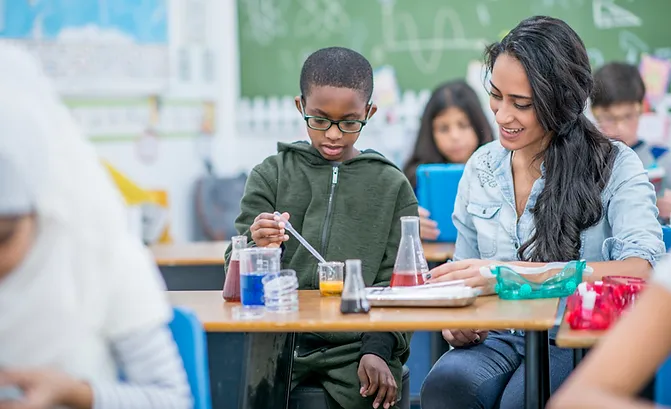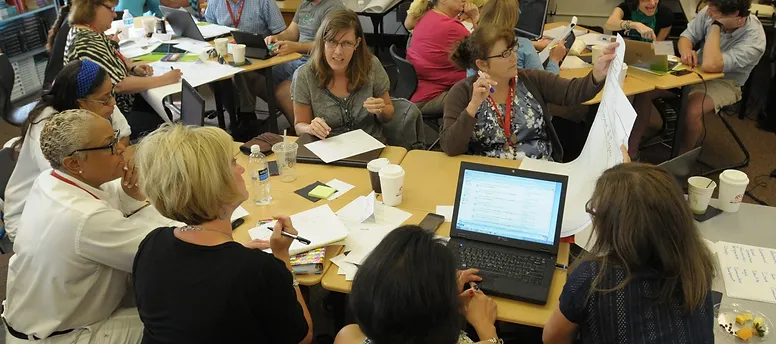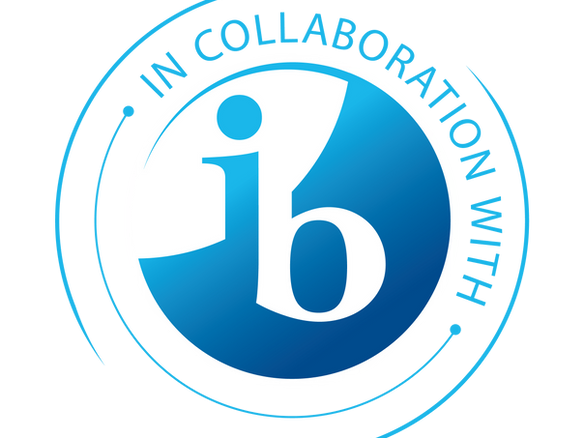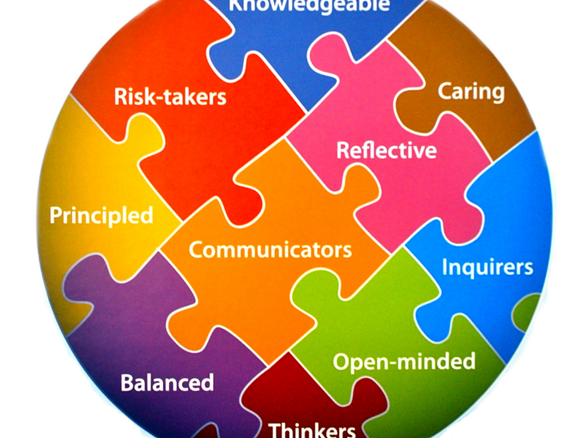Updated: Oct 2, 2023
With Thanksgiving around the corner in the US, Fall brings about a special focus on gratitude and counting one’s blessings. In Scott Shickler’s and Jeff Waller’s book The 7 Mindsets To Live Your Ultimate Life, one of the mindsets is the Attitude of Gratitude. This mindset’s descriptor directs “Seek positives from every experience and be thankful for all you have.” An abundance of research has shown that practicing gratitude has a whole- person positive impact. Other studies have concluded that practicing gratitude adds years to one’s life and is more effective than medication on one’s mood.
Given all of this evidence, many schools have embraced the 7 Mindsets as their schoolwide social-emotional learning guide and seek to incorporate the Attitude of Gratitude in the behaviors and practices of staff and students. Practicing gratitude seems to be easier than ever now: There are a plethora of gratitude journals on the market. There are lists that provide guidance on how to journal about gratitude.
At this point in the school year, we probably have experienced many ups and downs, so knowing that choosing to be grateful, expressing that gratitude, and being as positive as possible can bring us “a lot” in the way of a better mood, makes it a worthy topic for reflecting and acting upon. We all want an improved mood and a happier existence for ourselves and our students.
As I reflect on what we educators are grateful for in our schools and in our careers, many things come to mind: We are so grateful for the opportunity to work in a field where we can make a difference every day, especially in the lives of hundreds of children in our communities. In addition, many of us are passionate about a particular subject area — whether it be drama, mathematics, science, history, English, or foreign languages — and get to share that passion each day. We are grateful for the special activities and projects that our schools are engaged in that bring people together, such as sports or theater, and that benefit others, like sending canned goods to the local food pantry.
Another very important thing we are grateful for are those special colleagues who make our lives better in so many ways! The special people that I would like to highlight in this post are IB Coordinators. IB Coordinators have unique responsibilities in their schools and they are often the sole person tasked with these duties. Because they often work alone, many colleagues may not understand the huge responsibility of their position. Coordinators are the liaison between schools and the IB. They schedule trainings, prepare IB-required reports, help the school work through action planning, conduct self-studies, oversee evaluation processes, lead unit writing and reflections, and provide up-to-date information to their colleagues about the latest IB practices, tools, documents, changes, and regulations.
Coordinators also think through how to support the implementation of IB standards and practices in their schools, keep the head of school informed on all aspects of the IB, host parent and community information sessions, contribute to newsletters and websites, enact required IB testing, recommend and secure resources, and plan for the required student project components of the IB. Only 5,100+ schools of the more than one million K-12 schools in the world and only 1,800+ schools of the 130,000+ schools in the U.S are IB World Schools. This perspective gives context to the uniqueness of this school position, which is why I wanted to highlight my appreciation for the work they do.
Here at CASIE, we recognize the need for supporting and showing our gratitude to IB coordinators, during this season of gratitude and year-round. We host monthly Lunch and Learn meetings for Georgia IB Coordinators, as well as an IB coordinator chat. We also offer IB professional education workshops every summer and fall for IB educators from around the world. This January, we are offering a 2-day CASIE Learning Lab led by Dr. Benjamin Feinstein entitled Navigating the Complexities of IB Coordination to provide yet another type of professional growth opportunity targeting IB Coordinators and their unique needs and challenges.
I hope you all will experience the positive effects of showing gratitude throughout this season and beyond!




